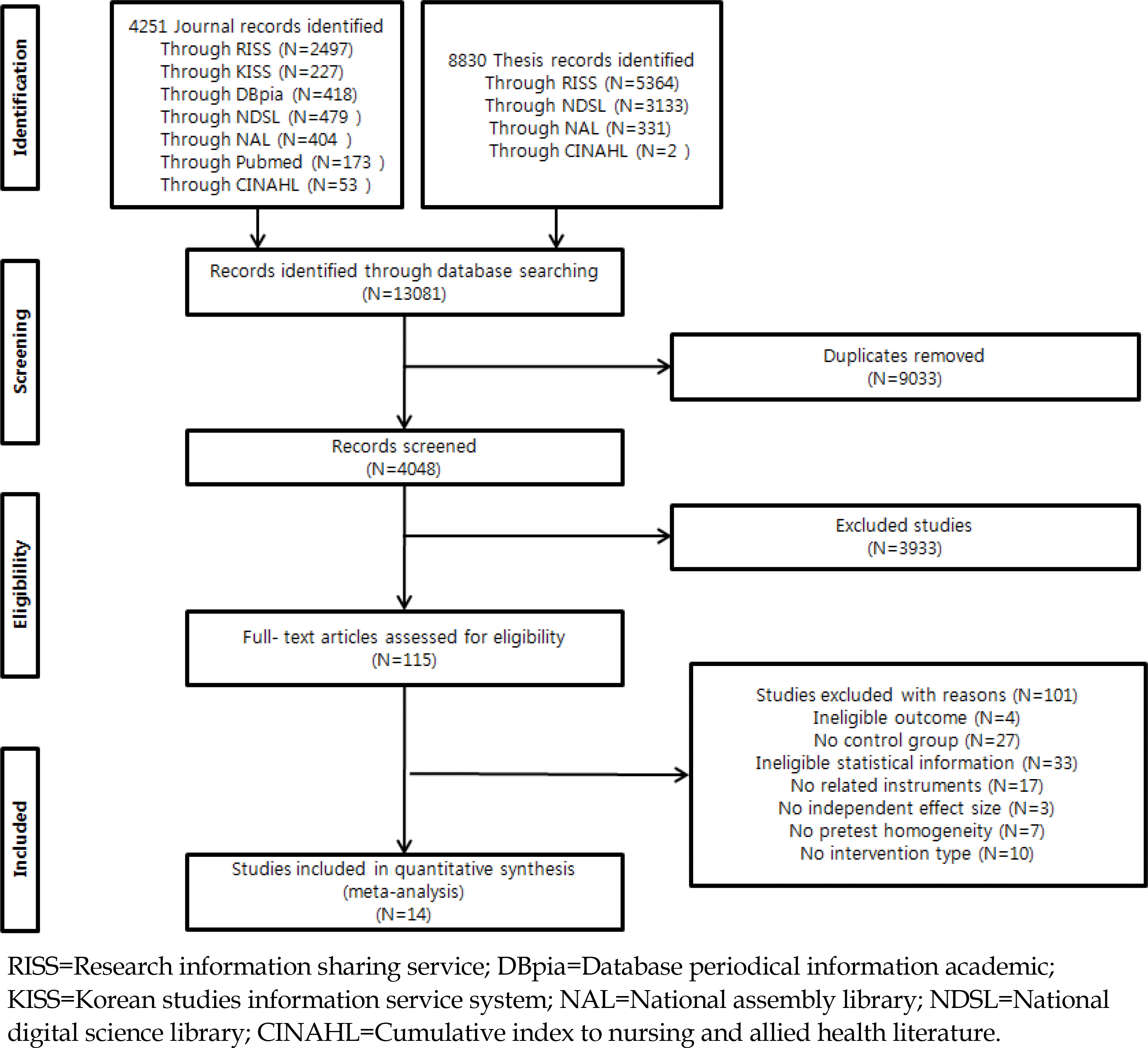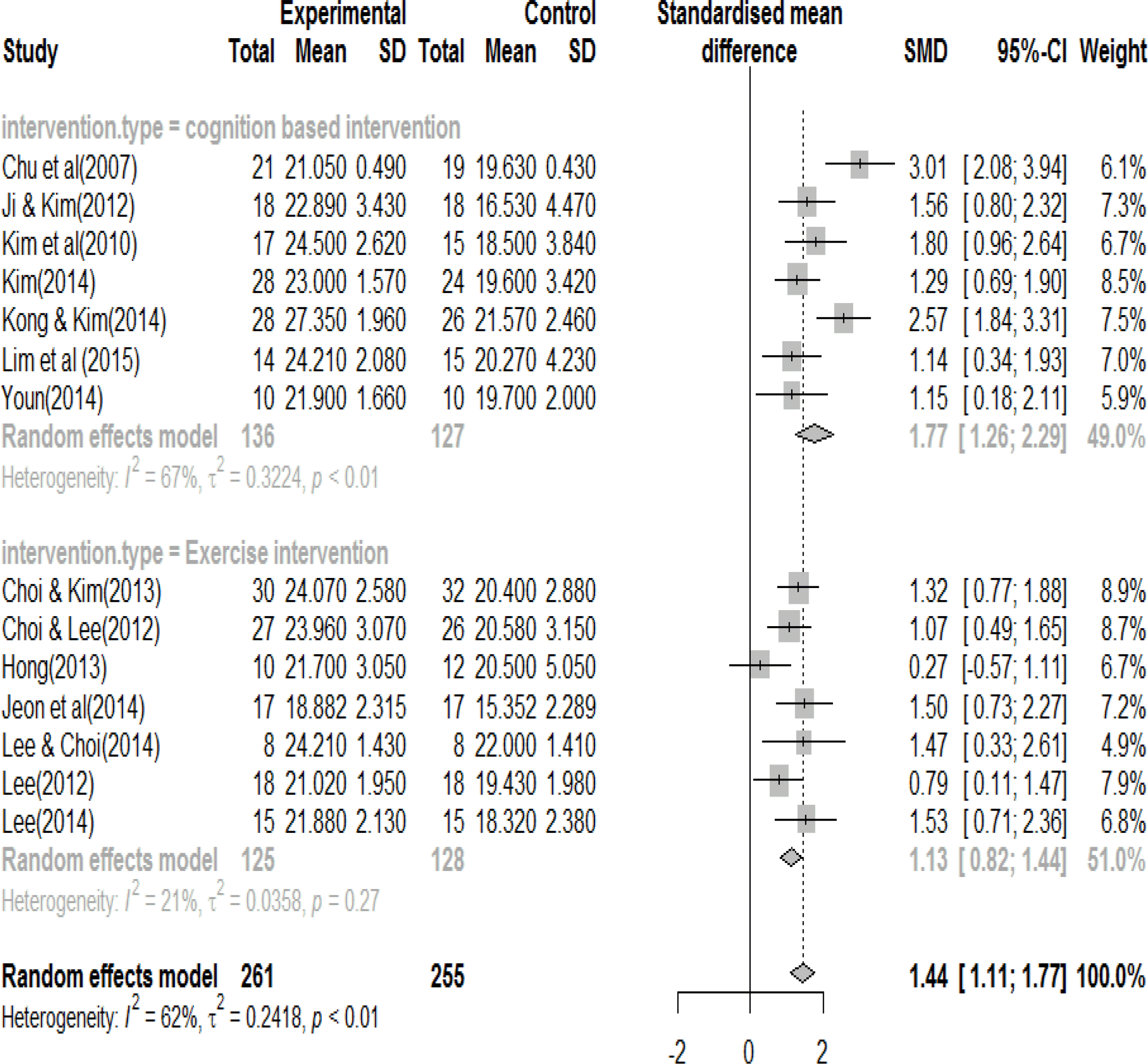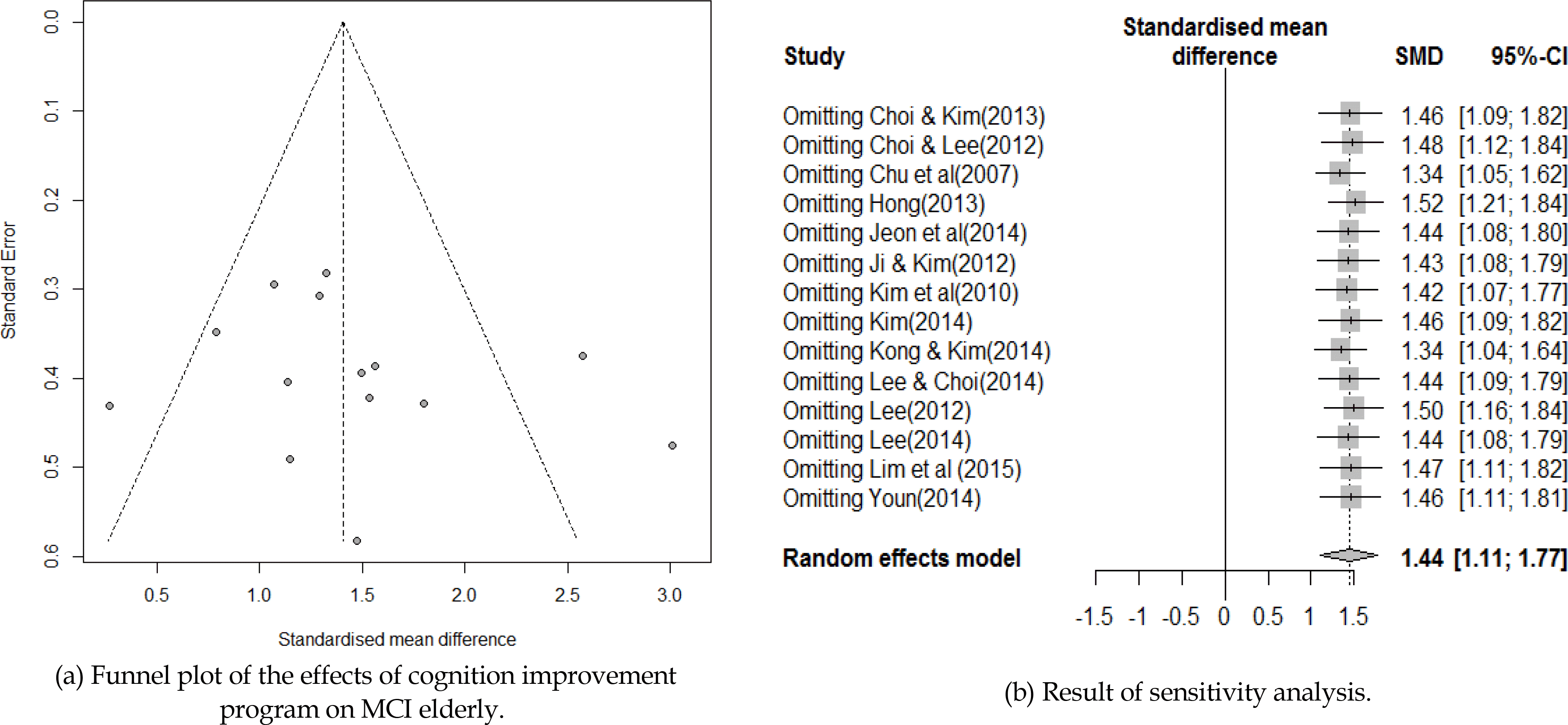1. Statistics Korea. 2015 elderly statistics [Intenet]. Seoul: Statistics Korea;2015. [cited 2015 september 24]. Available from:. http://kostat.go.kr/portal/korea/kor_nw/2/1/index.board?bm ode=read&aSeq=348565.
2. Ministry of Health & Welfare. National dementia strategy 2013-2015 [Internet]. Seoul: Ministry of Health & Welfare;2012. [cited 2012 July 27]. Available from:. http://www.silverweb.or.kr/_data/board_list_file/1/2012/1207301339541.pdf.
3. McKhann GM, Knopman DS, Chertkow H, Hyman BT, Jack CR, Kawas CH, et al. The diagnosis of dementia due to Alzheimer's disease: recommendations from the National Institute on Aging-Alzheimer's Association workgroups on diagnostic guidelines for Alzheimer's disease. Alzheimer's & Dementia: The Journal of the Alzheimer's Association. 2011; 7(3):263–9. https://doi.org/10.1016/j.jalz.2011.03.005.

4. Hahn SJ, Paik NJ. Pharmacological treatment of dementia. Brain & Neurorehabilitation. 2015; 8(1):19–23. https://doi.org/10.12786/bn.2015.8.1.19.

5. Jorm AF, Dear KB, Burgess NM. Projections of future numbers of dementia cases in Australia with and without prevention. The Australian and New Zealand Journal of Psychiatry. 2005; 39(11-12):959–63. https://doi.org/10.1111/j.1440-1614.2005.01713.x.

6. Petersen RC, Doody R, Kurz A, Mohs RC, Morris JC, Rabins PV, et al. Current concepts in mild cognitive impairment. Archives of Neurology. 2001; 58(12):1985–92.

7. Kim WY, Han CH, Heo EJ, Kang HW, Jeon WK. A review of non-pharmacological intervention efficacy in patients with mild cognitive impairment. Journal of Oriental Neuropsy-chiatry. 2011; 22(3):1–11.

8. Rozzini L, Costardi D, Chilovi BV, Franzoni S, Trabucchi M, Padovani A. Efficacy of cognitive rehabilitation in patients with mild cognitive impairment treated with cholinesterase inhibitors. International Journal of Geriatric Psychiatry. 2007; 22(4):356–60. https://doi.org/10.1002/gps.1681.

9. Li H, Li J, Li N, Li B, Wang P, Zhou T. Cognitive intervention for persons with mild cognitive impairment: a meta-analysis. Ageing Research Reviews. 2011; 10(2):285–96. https://doi.org/10.1016/j.arr.2010.11.003.

10. Wang C, Yu JT, Wang HF, Tan CC, Meng XF, Tan L. Non-phar-macological interventions for patients with mild cognitive impairment: a meta-analysis of randomized controlled trials of cognition-based and exercise interventions. Journal of Alzheimer's Disease: JAD. 2014; 42(2):663–78. https://doi.org/10.3233/jad-140660.

11. Han JW, Seo JY, So YS, Kim KY, Ryu SH, Jeong HG, et al. Physical activity in individuals with dementia or mild cognitive impairment: a meta-analysis study. Alzheimer's & Dementia. 2014; 10(4):457.

12. Jeong PY, Sung JE, Sim HS. Meta-analysis of cognition-focused intervention for people with mild cognitive impairment and dementia. Communication Sciences & Disorders. 2014; 19(2):199–212. https://doi.org/10.12963/csd.14122.

13. Lee DY, Lee SJ, Kim YH, Kim JH, Kim HJ, Lee HJ. 2014 literature review for dementia prevention program development. Seoul: Seoul Dementia Center;2014. p. 1–51.
14. Ministry of Health & Welfare. Clinical practice guideline for dementia part I: diagnosis & evaluation. Seoul: Clinical Research Center for Dementia;2009. p. 1–126.
15. Organisation for Economic Cooperation and Development (OECD). OECD skills outlook 2013: First results from the survey of adult skills. Paris: OECD Publishing;2013. https://doi.org/10.1787/9789264204256-en.
16. Higgins JPT, Green S. editors. Cochrane handbook for systematic reviews of interventions version 5.1.0 [Internet]. London, UK: The cochrane collaboration;2011. [cited 2011 March 20]. Available from:. http://handbook.cochrane.org/.
17. Larzelere RE, Kuhn BR, Johnson B. The intervention selection bias: an underrecognized confound in intervention research. Psychological Bulletin. 2004; 130(2):289–303. https://doi.org/10.1037/0033-2909.130.2.289.

18. Littell JH, Corcoran J, Pillai V. Systematic reviews and meta- analysis. First ed. Jung IS, Jun SS, Hwang SK, Kim DH, Ha JY, translator. Seoul: Soomoonsa;2011.
19. Scottish Intercollegiate Guidelines Network. SIGN 50: a guideline developer's handbook [Internet]. Edinburgh, UK: Author;2015. [cited 2015 November]. Available from:. http://www.sign.ac.uk.
20. R package version 3.3.2 [Internet]. The comprehensive R archi-ve network;. 2016. [cited 2016 october 31]. Available from:. https://www.r-project.org/.
21. Borenstein M, Hedges LV, Higgins JPT, Rothstein HR. Introduction to meta-analysis. West Sussex, UK:. John Wiley & Sons, Ltd;2009.
22. Egger M, Smith GD, Schneider M, Minder C. Bias in meta-anal-ysis detected by a simple, graphical test. BMJ: British Medical Journal. 1997; 315(7109):629–34.

23. Cohen J. Statistical power analysis for the behavioral sciences. 2nd ed.Hillsdale, New Jersy: Lawrece Erlbaum Associates;1998.
24. Hwang SD. Meta-analysis using R. Hakjisa. Seoul: Kim JH;2015.
25. Kim HJ, Im HJ. Assessment of dementia. Brain & Neurorehabilitation. 2015; 8(1):11–8.

26. Herbison P, Hay-Smith J, Gillespie WJ. Adjustment of meta-analysis on the basis of quality score should be abandoned. Journal of Clinical Epidemiology. 2006; 59(12):1249–56.
27. Juni P, Altman DG, Egger M. Assessing the quality of controlled clinical trials. British Medical Journal. 2001; 323(7303):42–6.
28. Scher LS, Maynard RA, Stagner M. Interventions intended to reduce pregnancy related outcomes among teenagers. Camp-bell Systematic Reviews. 2006; 12.




 PDF
PDF ePub
ePub Citation
Citation Print
Print





 XML Download
XML Download